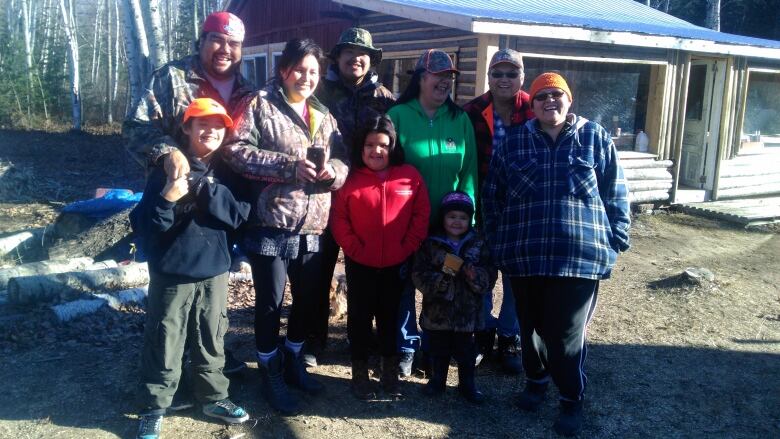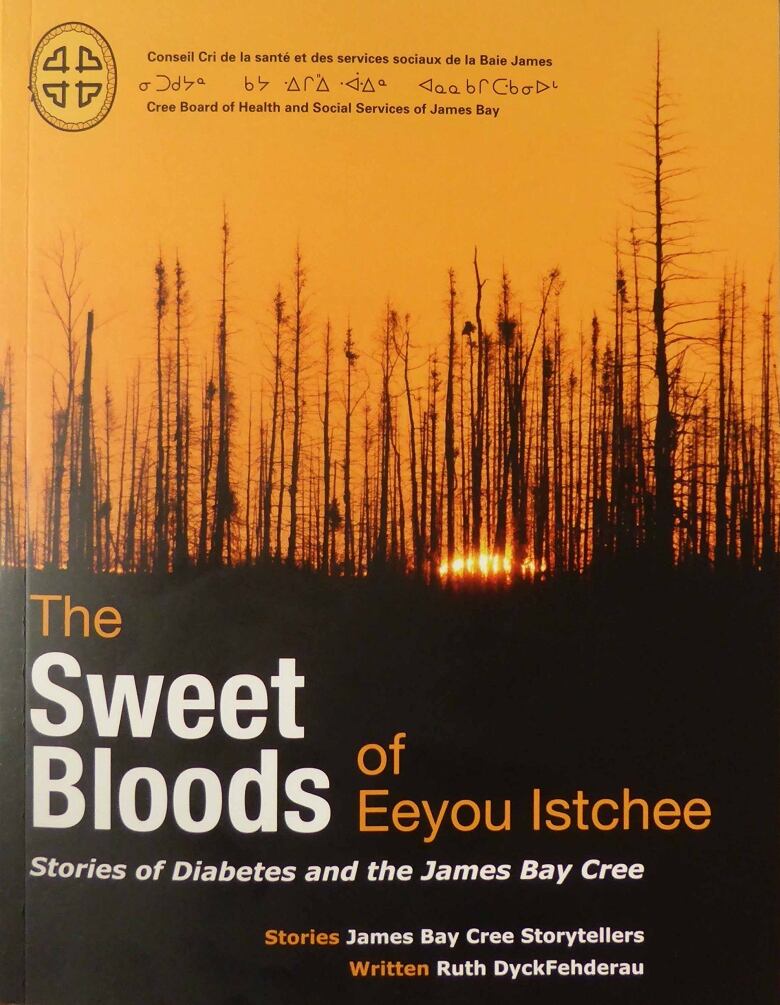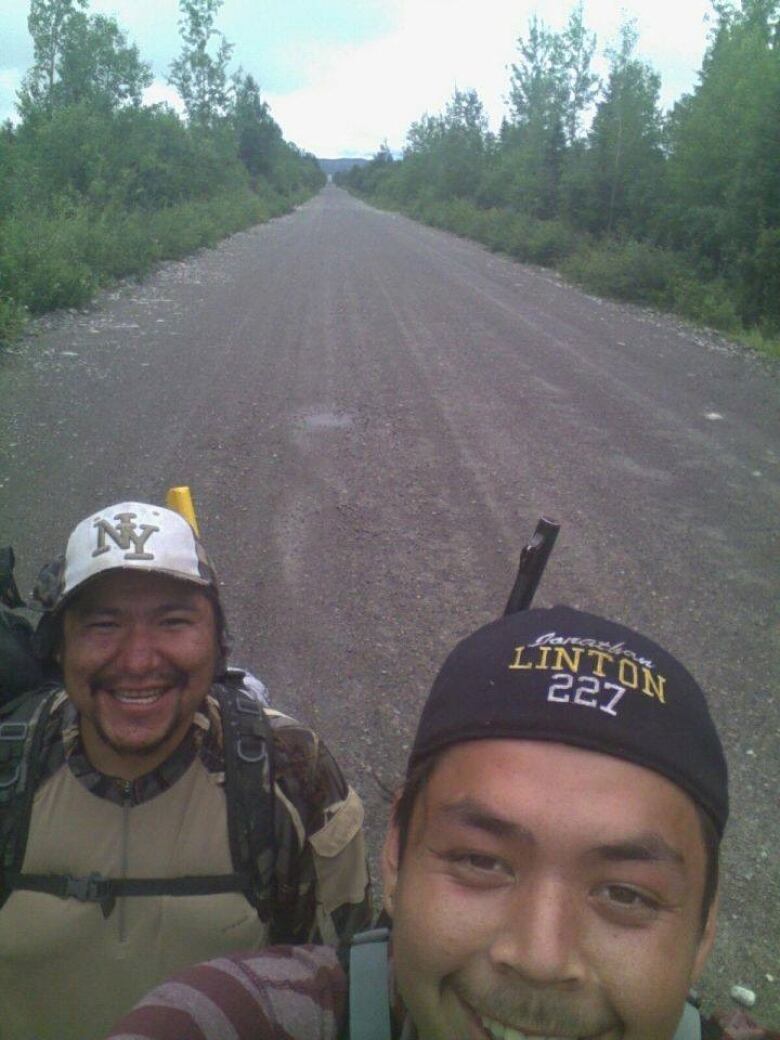'Sweet Bloods': Cree Nation tells stories of living with diabetes in new book
1 in 5 adults in Cree Nation live with diabetes

On the surface, there is very little in common between 59-year-old Maggie Etapp and 23-year-old Jonathan Linton.
Linton is a snowmobile racer and former star hockey player;while Etapp,a grandmother of seven,is a residential school survivor who likes spending time at her camp.
But Etappand Lintondo have something in common: along with onein fiveadults in the Cree Nation,they are both living with diabetes.
- CMAJ article links hunger in residential schools to Type 2 diabetes, obesity
- 'Diabetes epidemic in Indigenous populations' highlights disparity
Their stories, along with 25 others, are part of The Sweet Bloods of Eeyou Istchee: Stories of Diabetes and the James Bay Cree, a new collection put together by the Cree Board of the Health and Social Services of James Bay.
"I wanted to share with the people how it was to be a diabetic. How diabetes is affecting our people," said Etapp.
Herhusband, Simon, also sharedhis story of residential school and diabetes for the collection. Simon was diagnosed in the 1980s, and volunteers by givingnutrition workshops in his home community of Waswanipi, 730 kilometresnortheast of Montreal.

The Sweet Bloods of Eeyou Istchee is being offered free to Quebec Cree, and for the cost of shipping to Indigenous people living on reserves across Canada.
"What we are trying to do is move the story forward," said Paul Linton,Jonathan Linton'sfatherand the assistant director of Public Health for Chishaayiyuu (people over the age of 30) for the Cree Board of Health and Social Services of James Bay. Paul says every single Cree family has at least one close relative living with the disease, as do many Indigenous communities across the country and around the world.
"Everyone is struggling with this same problem. It's a huge problem and we are trying to get people to start the conversation to see how to fix it," Paul said. "It's not a simple pill or injection. It involves the cost of food, the housing, the social structures, the traditional teachings, the animals on the land."

The collection of literary creative nonfiction is the result of fiveyears of collaboration between the Cree health board,writer and University of Alberta instructor Ruth Dyck Fehderau, and Cree "storytellers"like Maggie, Simon,Jonathan, and others.
The book has been called a "talking circle in print," and Dyck Fehderau says they arestories of resilience, life in the North and the effects of colonization.
"[The stories]reveal the ways in which diabetes is inextricably bonded to the workings of colonization," said Dyck Fehderau. "So everything from forced relocation, to residential school history, to hydroelectric projects and bureaucracy-laden medical systems. The purpose of the book is to start conversations around diabetes."
'People aren't comfortable talking about it'
Jonathan was diagnosed eight years ago, at the age of 15. He was immediately put on insulin, but kept it hidden from his friends and his coach for more than a year. At the time, he was a star enforcer on the local hockey team in Mistissini.
His dad, Paul Linton, says another hope they have for The Sweet Bloods of Eeyou Istchee is to fight the stigma still attached to diabetes.
"People aren't comfortable talking about it. There are negative connotations with a diabetes diagnosis," he said. "There is a stigma attached with it and a lot of that is from well wishing health professionals."
Linton says thehope is that non-Indigenous health professionals also read the book. TheCree Board of the Health and Social Services of James Bay hasmadeit available for purchase on Amazon, in the hopes of finding a broader audience.












_(720p).jpg)


 OFFICIAL HD MUSIC VIDEO.jpg)
.jpg)



























































































